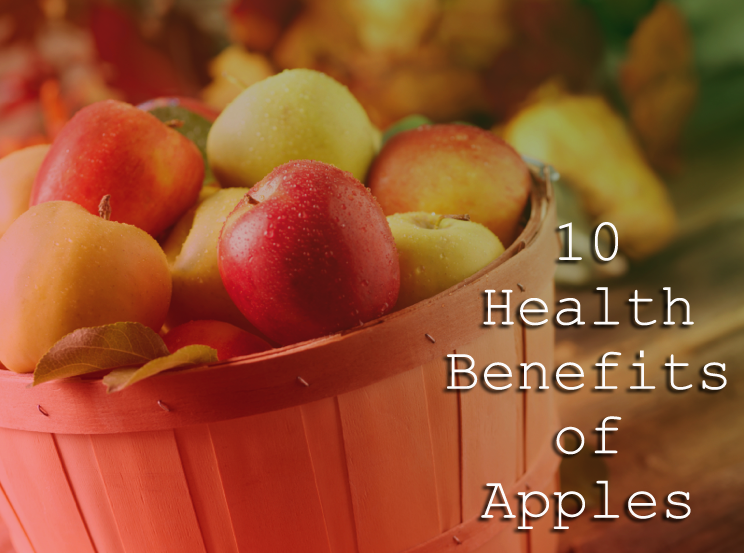With official organizations and governments from the WHO to the White House and just about every media outlet in between covering the current worldwide Coronavirus outbreak, we found ourselves asking “what should we even be buying, anyway to ‘stock up?'” as experts and leaders have suggested?
We spoke to Jonathan Hollerman, a former military SERE Instructor (Survival, Evasion, Resistance, and Escape), of GridDown Consulting. His best-selling books on survival and emergency preparedness have become doomsday bibles of sorts for the prepper community. Preppers are people who go out of their way to prepare for worst case scenarios whether they seem actively looming or not.
How worried should we all be about a Coronavirus pandemic?
“The current case fatality rate of Coronavirus is in the 2.5% to 3.5% range,” says Hollerman. “Primarily it is older people with other health history issues that are dying, though anyone is at risk. If you compare that to H7N9 and H5N1 bird flu, which have a 40 and 60% case fatality rate among the healthy, that is a big difference. Also, I’ve heard many people saying that ‘the common flu is more deadly than Coronavirus’ and ‘the common flu has killed 16,000 people in America, way more than Coronavirus.’ Those two statements are somewhat true, but very misleading. Yes, the common flu has killed thousands of people in America so far this year, but it also infected 29 million. If the Coronavirus spreads at the same rate and infects the same amount of people, at 2.5% CFR, you are looking at 725,000 deaths. It’s not fare to compare the two viruses without comparing them apples to apples.”

Are there simple steps beyond hand-washing?
We all keep hearing the same thing — wash your hands. That’s nice, but hard for the average person to feel empowered by. TL/DR: yes, there are easy additional steps.
“The truth is if you keep your hands washed and sanitized, don’t touch your face and wear the proper mask, gloves and eye protection, and avoid sick people,” says Hollerman of easy prepping tips for COVID-19. “The last one is the most important. The less people you interact with on a daily basis the less chance you have of getting the Coronavirus. If you can bug in, and not leave your house for a couple weeks or a month, you can virtually eliminate your risk. If you don’t come into contact with people, you can’t get it.”
Strategies to prevent the threat of Coronavirus in your own life
When should I go? What should I do?
Hollerman’s plan is to self-quarantine — whether or not he’s been exposed to anyone with the novel Coronavirus. Get ready to spend a lot of time on Instagram, reading new books, taking your furry best friend up on endless cat cuddles, and finishing chores from last season.
“There is no easy answer or one size fits all approach to this scenario. Every family’s financial situation, job security, geographical location, family size, and ability to relocate are all different. Just use common sense, make a plan and execute it. But have the conversation with loved ones and family. Make a plan of action on varying levels of severity.”
Making a Coronavirus quarantine preparation list? Buy these things:
- Two large containers of Lysol Disinfecting Wipes
- Two large bottles of Lysol disinfecting spray
- Latex/nitrile gloves

- A couple extra N95 masks (US CDC advises against this, but Hollerman kept this on his personal list)
- Extra bottles of hand soap
- Hand sanitizer (large refill container for existing bottles)
- Multiple bottles of chewable Vitamin C
Additional suggestions those put under coronavirus quarantine in China recommended in weeks past include:
- Fever reduction medicines like ibuprofen
- Enough dish soap to get through lots of home meal prep if you’re normally eating at work, school, or other places
- Clean socks and underwear if you rely on outside laundry services
- Sports drinks
- Non-news activities to reduce stress, like books, puzzles, and art
Your Coronavirus food shopping list should be things you already eat
“First, I would get some cash out of the bank and keep on hand,” says Hollerman. “If things get really bad and people stop going to work, you may not have access to your money in the bank. If you have a couple thousand dollars in savings, I would consider pulling that out for the next few months until this blows over.”
That, or a treatment is deemed effective enough to instill confidence in the public again.
“The average American goes to the grocery store two to three times a week. In my book, Survival Theory: How to survive the End of the World on a Budget, I discussed a ‘buy what you already eat’ strategy. In short, most families have a dozen normal go-to meals they rotate through for breakfast, lunch, and dinner. I’m discussing things like cereal, soups, pastas, etc.”
That means stocking up on dried milk might not make sense if you’re a lactose-intolerant type, or loading your freezer with bacon if you’re normally a vegetarian.
“Make a spreadsheet of all the ingredients that make up those meals. Figure out how long the shelf life is for each food item or ingredient and then maintain a large pantry, rotating through said items. My young children like Spaghetti-O’s and typically eat about a can of them each week. The shelf life is two years. I should strive to keep around 100 cans of Spaghetti-O’s in storage at any given time. Same goes for mac and cheese, boxes of cereal and other dinner ingredients. If you did this for all the staple food and meals you regularly eat, you could have about a month’s worth of food on hand for any such emergency.”
What happens if our pantries run low… or worse?
“If you run out of food and in the middle of the outbreak, let’s say it’s a couple weeks in, and need to make a supply run for items that are needed or am running low on — in that case it would be a last resort to leave the house. I would go to the grocery store wearing my N95 mask, eye protection, and nitrile gloves. Most importantly — I’m going to the store at 3 AM and NOT during the day! I would buy what I need, go home, spray myself down with Lysol disinfectant home spray on the porch, and I wipe down every item from the store with Lysol wipes. Then I’d remove my gloves and mask and clothing outside. Once inside, the clothes would go straight into the washer on hot cycle. I would also take a shower immediately and put on fresh clothes.”
Sounds exhausting, but Hollerman says the moral of the story is to treat your home like a “contamination zone,” stressing that a virus can only be spread if you bring it in.
What if I’m still nervous?
“Most importantly, once the outbreak starts where you are, the less human interaction you can have the better. Use common sense, don’t panic. Be proactive today and get some things you may need. Don’t wait till the store shelves are bare. Make a plan and follow through.”
Love this article? For more beauty, style, travel, and trending topics check out The Luxury Spot on Facebook. Like us and we’ll love you back!








